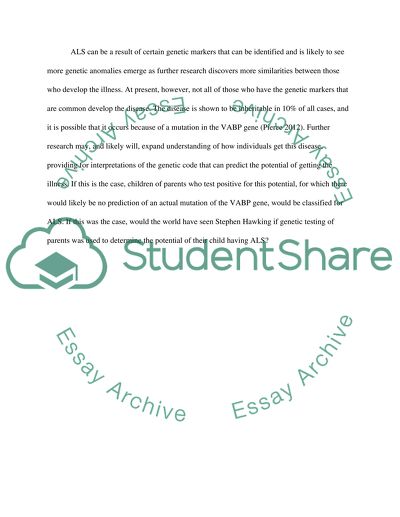Cite this document
(“Genetic Code: Privacy, Health and Discrimination Essay”, n.d.)
Genetic Code: Privacy, Health and Discrimination Essay. Retrieved from https://studentshare.org/health-sciences-medicine/1453250-ethics-and-social-policy-in-the
Genetic Code: Privacy, Health and Discrimination Essay. Retrieved from https://studentshare.org/health-sciences-medicine/1453250-ethics-and-social-policy-in-the
(Genetic Code: Privacy, Health and Discrimination Essay)
Genetic Code: Privacy, Health and Discrimination Essay. https://studentshare.org/health-sciences-medicine/1453250-ethics-and-social-policy-in-the.
Genetic Code: Privacy, Health and Discrimination Essay. https://studentshare.org/health-sciences-medicine/1453250-ethics-and-social-policy-in-the.
“Genetic Code: Privacy, Health and Discrimination Essay”, n.d. https://studentshare.org/health-sciences-medicine/1453250-ethics-and-social-policy-in-the.


